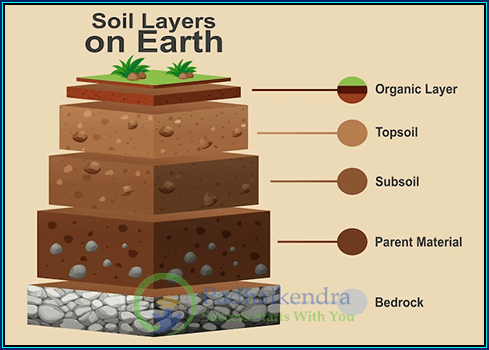Winter season is one of the four seasons in many regions of the world, characterized by its cold temperatures and shorter daylight hours. Winter occurs when the Earth’s axis tilts away from the sun, causing the hemisphere to receive less direct sunlight and cooler temperatures.
In the Northern Hemisphere, winter usually begins in December and ends in March, while in the Southern Hemisphere, it occurs from June to September. The duration and intensity of winter may vary depending on the region and local weather patterns.
During the winter season, temperatures drop significantly, and snow and ice may accumulate in many regions. Trees and other plants may lose their leaves or become dormant, and many animals may hibernate or migrate to warmer areas. Winter sports such as skiing, snowboarding, and ice skating are popular in many areas with cold temperatures and snow.
The winter season can also pose challenges for human societies, such as hazardous travel conditions, increased energy consumption for heating, and potential health risks from exposure to cold temperatures. However, many cultures also celebrate the winter season with holidays and festivals, such as Christmas, Hanukkah, and the Winter Solstice.
Overall, the winter season plays an important role in the natural rhythm of many regions of the world, and its unique characteristics offer both challenges and opportunities for human societies and the natural world.





